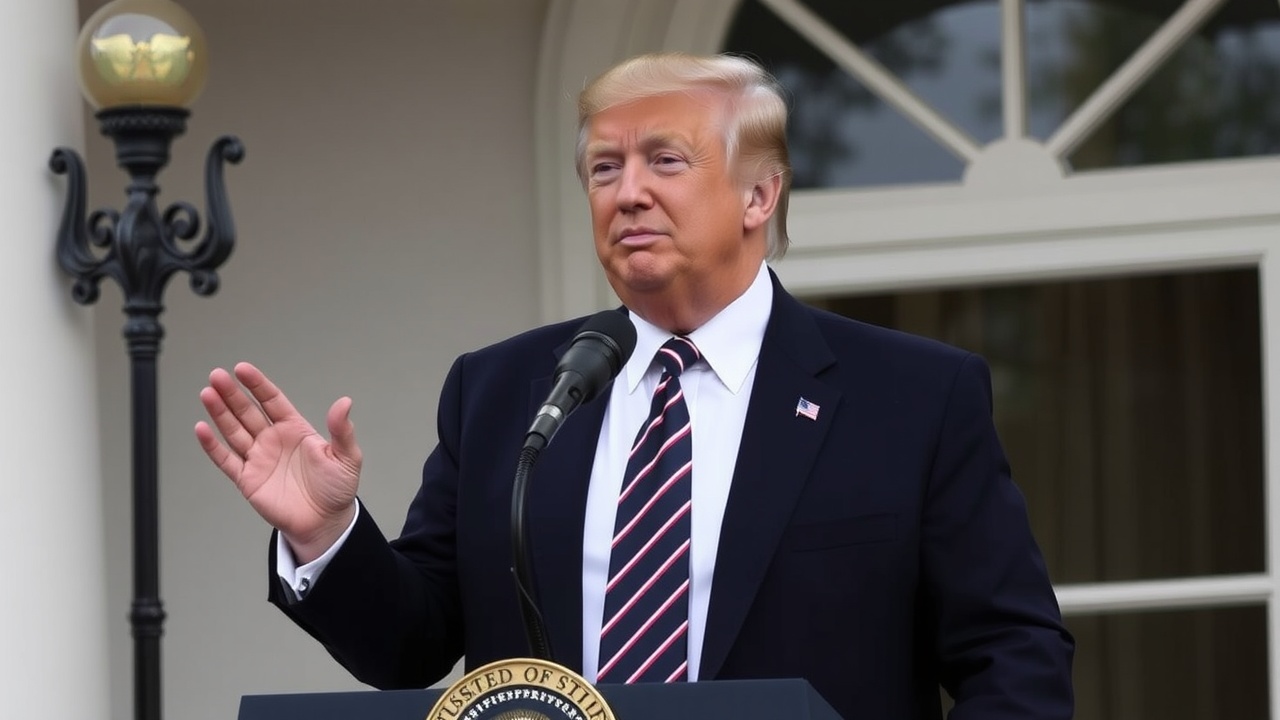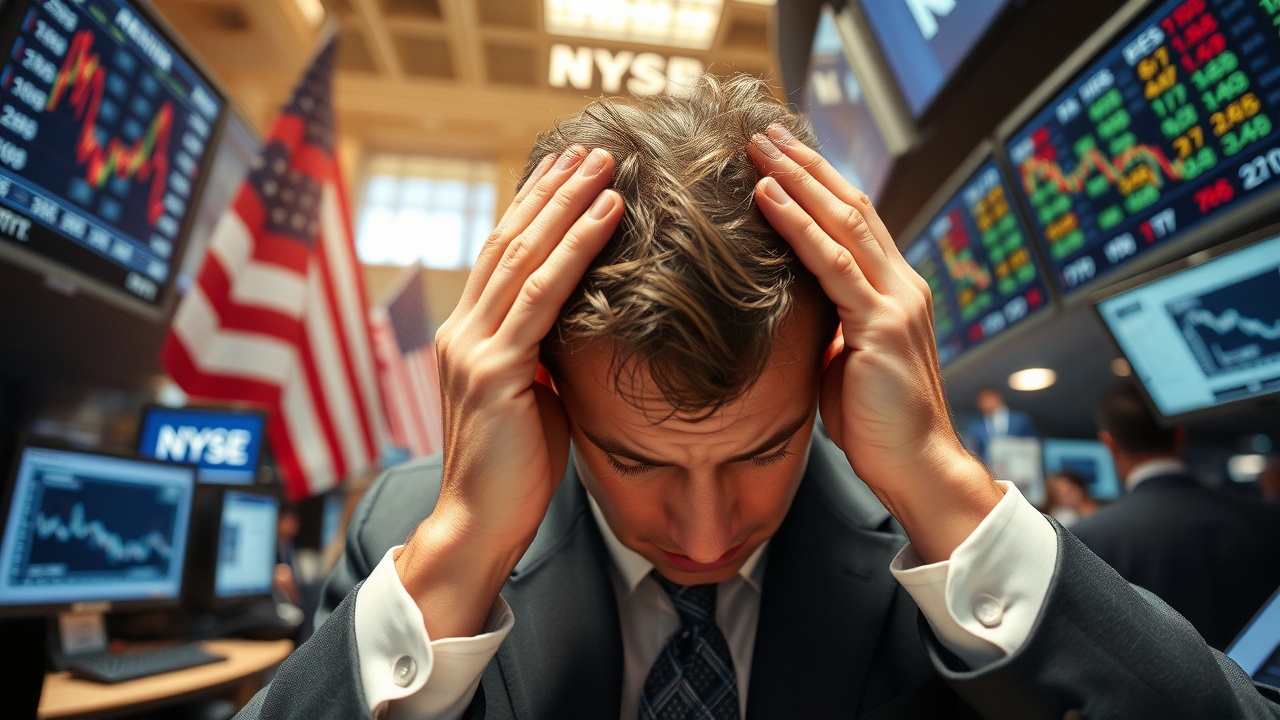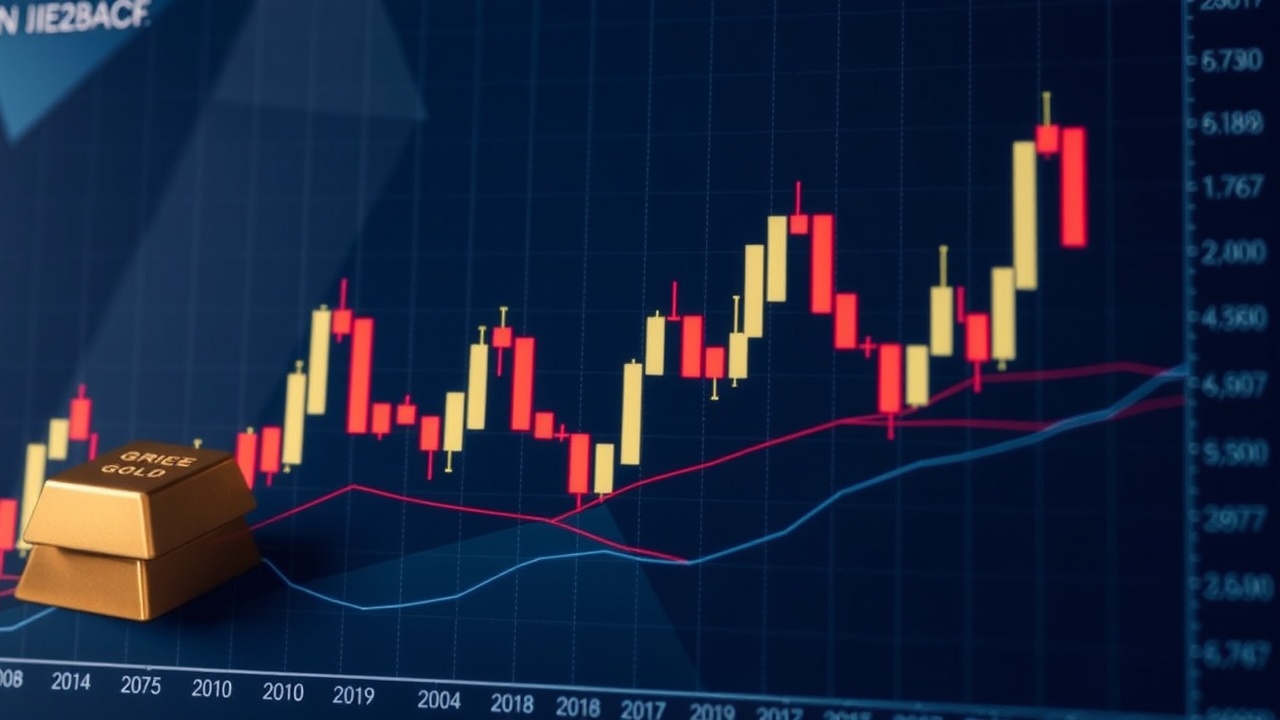
Beginning on Wednesday, Donald Trump will double the tariffs on steel and aluminum to 50%
What does the UK's trade deal agreement mean for markets, and will it have any effects?
After Donald Trump declared that the levy would be doubled from 25 percent to 50 percent, steel and aluminum imports into the United States will be subject to additional tariffs starting this Wednesday, June 4. Despite recently reaching a trade agreement with the US to eliminate current metal tariffs, it appears that the UK will be affected by the policy.
The original 25% metal tariff has been maintained while all the specifics are sorted out, despite the US-UK trade deal being announced on May 8. This week, US counterpart Jamieson Greer and Trade Secretary Jonathan Reynolds are scheduled to meet in order to decide on a timeline for the removal of the UK's tariffs.
After the US agreed to lower car tariffs from 25 percent to 10 percent on a quota of up to 100,000 cars, they are also likely to be discussed.
According to Gareth Stace, director general of trade group UK Steel, "the announcement that US steel tariffs could jump up to 50 percent on Wednesday is yet another body blow for all UK steelmakers in this torrid time." "UK steel firms are worried this morning that orders, some of which are probably being shipped across the Atlantic right now, will now be canceled.
According to an industry group, the US is the UK's second-largest steel export market, with a value of about £400 million and a 9 percent share of total export value. The announcement has also alarmed the Aluminium Federation, which is asking the Department for Business and Trade for clarification.
Even though the UK's steel and aluminum sectors are tiny in relation to other manufacturing sectors, the tariffs will still have an impact.
According to the Office for National Statistics, the steel sector produced 10.7 billion last year, or 0.1 percent of the UK economy. The University of Strathclyde and the Aluminium Federation estimate that the aluminium industry contributes approximately 10.9 billion.
Given that the automobile industry contributed 21 billion pounds to the UK economy last year, or 0.9 percent of total economic output, tariffs on the sector might have a bigger effect. With 9 billion dollars, or 27% of total exports last year, the US is the UK's biggest auto export partner.
The number of cars made in the UK fell 16% in April as a result of US tariffs, according to data from the Society of Motor Manufacturers and Traders (SMMT). With the exception of 2020, when the first COVID lockdown affected production, just over 59,200 vehicles were produced in April, the lowest amount in over 70 years.
"Earlier this month, the UK was the first country to secure a trade deal with the US, and we remain committed to protecting British business and jobs across key sectors, including steel," a government spokesperson told BFIA in response to the most recent tariff announcements.
"We are discussing the ramifications of the most recent tariff announcement with the US in order to give industry clarity.
How do markets react to the most recent tariff announcements?
In reaction to the most recent tariff announcements, equity markets fell on Monday morning. This was caused in part by increased metal tariffs and heated rhetoric between the US and China.
With the US lowering tariffs against China from 145 percent to 30 percent and China lowering retaliatory tariffs from 125 percent to 10 percent, both for an initial 90-day period, tensions between the two nations momentarily decreased in May after a meeting in Geneva.
Trump has since charged China with "totally violating" the terms of the US-China agreement, though. US Trade Representative Jamieson Greer stated that China had not eliminated other non-tariff barriers as agreed, but the president did not elaborate.
The United States was urged by China to "immediately correct its erroneous actions, cease discriminatory restrictions against China, and jointly uphold the consensus reached at the high-level talks in Geneva."
Russ Mould, investment director at platform AJ Bell, commented on the market ramifications, saying: "Duplicating import taxes on steel and aluminum and enrage China once more means we face a situation where uncertainty prevails." Businesses, governments, investors, and consumers all find Trump's constant shifting of the goal posts frustrating.
Investors, however, are growing accustomed to the US president's quick changes in policy; Wall Street has even developed a novel theory called the TACO trade. "Trump Always Chickens Out" is what this stands for. Thus far, the trend has been to make bold policy declarations that are progressively changed to something more controllable.
"We're back to where we were before, but there do seem to be expectations that more concessions will be made," stated Susannah Streeter, platform Hargreaves Lansdown's head of money and markets.
In a ruling on May 29, the US Court of International Trade also declared that the legal foundation for Trump's tariffs was illegal. Last week, the announcement caused the markets to rise. The Trump administration has declared that it will file an appeal of the ruling. The appeals process may take a while to complete and may even reach the Supreme Court.














Leave a comment on: What effects does Donald Trump's decision to double steel and aluminum tariffs have on markets?